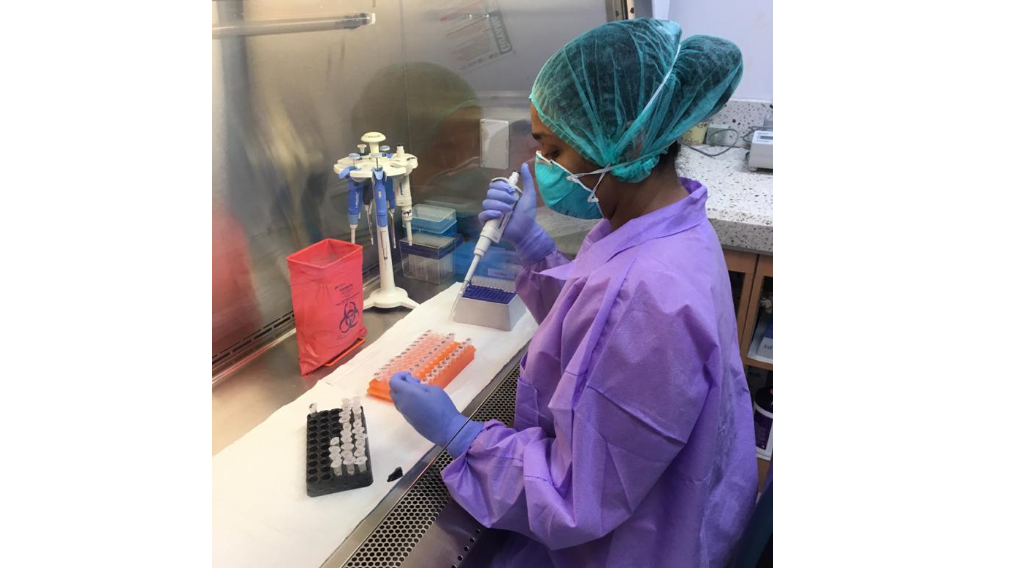The University of Guyana (UG) through its College of Medicine is seeking to boost Guyana’s capacity to test for variants of viruses like the novel coronavirus and study infectious diseases that may emerge.
This is according to the Vice-Chancellor of the University of Guyana, Professor Paloma Mohamed-Martin, who spoke to the News Room at the sidelines of a recent event.
Under the Greater Guyana Initiative (GGI), the university has received a grant to create its own genomics laboratory. Genomics is the study of genes and allows for the scientific study of complex diseases.
This initiative is a 10-year commitment from ExxonMobil, Hess and CNOOC Limited, co-venturers in offshore oil development in the Stabroek Block. It is geared at expanding capacity-building efforts and promoting sustainable economic development in Guyana.

And Professor Mohamed-Martin pointed out that with the laboratory, the university will be able to engage in the special type of testing, known as genomic sequencing, to test for COVID-19 variants and other infectious diseases.
This is particularly important since Guyana has been unable to explicitly identify the variants of the novel coronavirus that causes the disease, COVID-19. Instead, Guyana has been sending small amounts of COVID samples to the Caribbean Public Health Agency (CARPHA) in Trinidad and Tobago (T&T).
“In terms of some of the capacities that are needed for some of the sophisticated testing, we have not had that and we are building that out,” Professor Mohamed-Martin said. And, she highlighted that the laboratory should be ready by June next year.
Importantly, too, this focus on genomics will be part of a much wider focus on infectious diseases, with the university positioning itself to lead local research efforts. As such, an infectious disease unit should be established too.
“(It will) really will help to respond a little quicker than we have in the past,” she noted.
With this GGI grant, the Vice-Chancellor also pointed out that the university will be able to expand other scientific capabilities to study genomics in other such sectors including agriculture and forestry.












